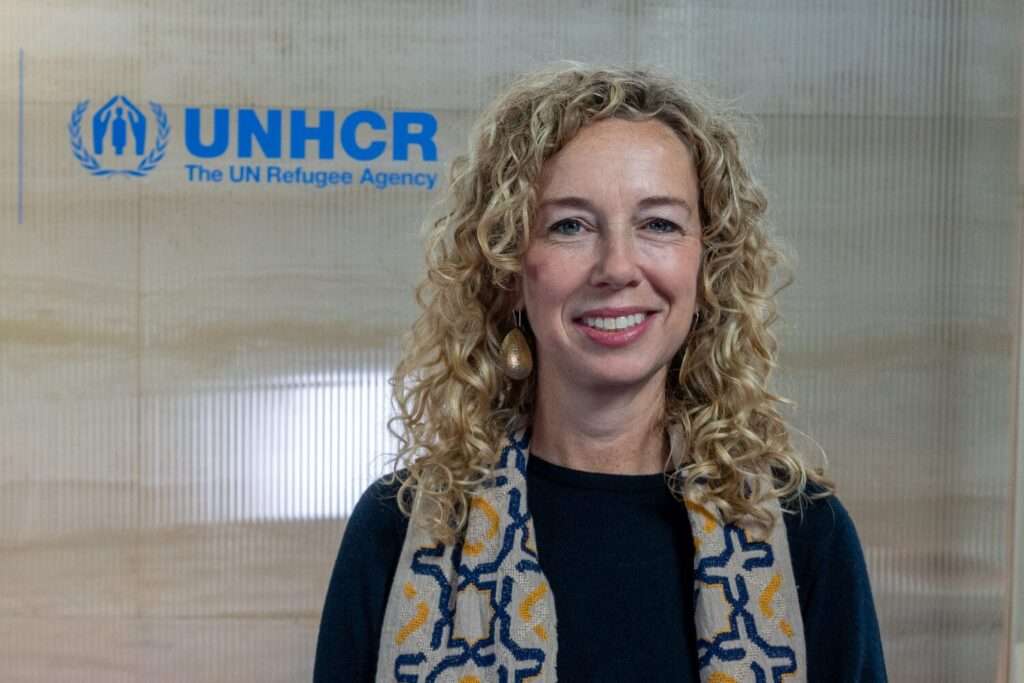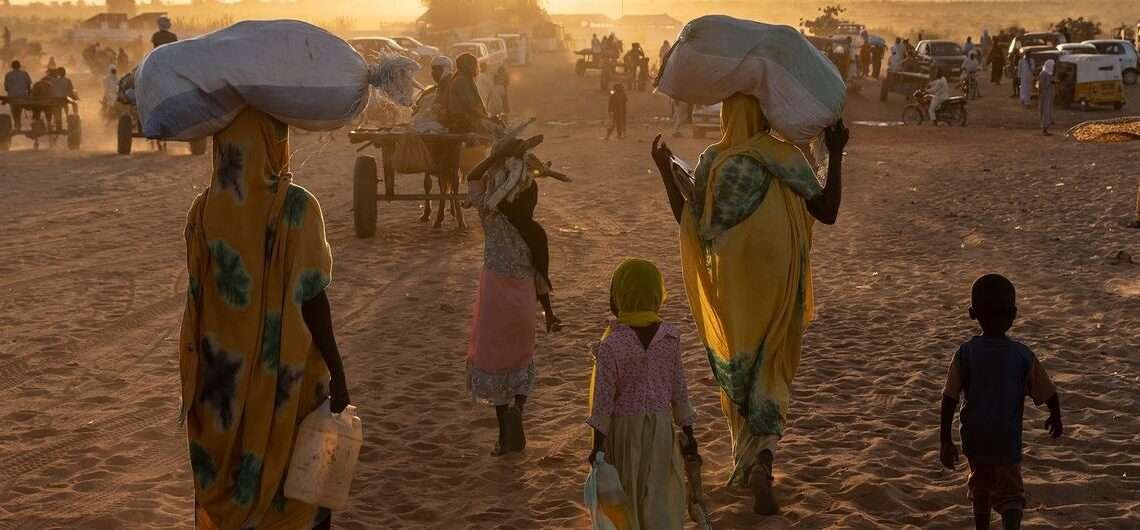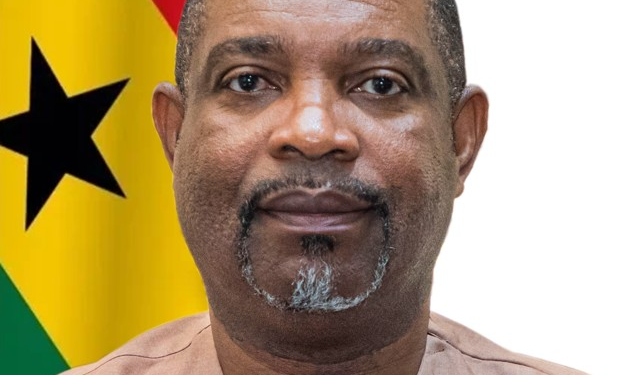Sudan’s ongoing conflict has forced over three million people to flee their homes in search of safety, marking one of the most severe humanitarian crises in recent decades.
The UN Refugee Agency (UNHCR) sounded the alarm on Friday, November 8, warning that those displaced have endured “unimaginable suffering” as they seek refuge.
The conflict between the Sudanese Armed Forces and the Rapid Support Forces (RSF) erupted 19 months ago during a power struggle over transitioning to civilian rule. Since then, violence has unleashed a wave of atrocities and rights violations, pushing millions into neighboring countries.
“It’s been over a year and a half of unimaginable suffering, brutal atrocities, and widespread human rights violations,” said Dominique Hyde, UNHCR Director of External Relations. “Every day of every minute, thousands of lives are shattered by war and violence away from the world’s attention.”
Chad A Lifeline for Refugees
Hyde recently visited displaced communities in Chad, which has become a crucial sanctuary for 700,000 Sudanese refugees. The stories she recounted painted a grim picture: “I spoke to people who watched while their families were murdered,” she said. Ethnic targeting, mass killings, and sexual violence have become common narratives among those who have escaped.
The UNHCR has worked to relocate more than 370,000 refugees within Chad, building six new settlements and extending 10 existing ones. Despite these efforts, tens of thousands still await the chance to rebuild their lives.
The crisis extends beyond Chad. Neighboring countries including South Sudan, Ethiopia, Egypt, and the Central African Republic have shouldered the burden, providing critical safety and aid despite their own economic and social challenges.
Hyde emphasized their contributions: “Other countries neighboring Sudan … have gone above and beyond their means, not only providing safety for people to flee but extending a chance to refugees to start rebuilding their lives while in exile.”
Hyde lamented that the scale of the crisis has been met with global indifference. “The world is not paying any attention,” she insisted.
The situation is dire, particularly in border towns such as Adre, which has swelled from 40,000 residents to hosting approximately 230,000 Sudanese refugees. Many endure harsh conditions, waiting months to be relocated further inland. “People are arriving in desperate conditions, carrying nothing but memories of unimaginable violence they witnessed and survived – things no one should have to endure,” Hyde added.

UNHCR data shows that 71 percent of new arrivals in Chad reported suffering human rights abuses in Sudan. One haunting account involved a group of 180 people who fled from El Geneina in Darfur. “All but 17 were massacred,” Hyde recounted. “Of the 17 that survived, all of the women were raped … six of the women who survived the rape committed suicide.”
Funding Shortfalls and Urgent Pleas
The UNHCR’s $1.5 billion Refugee Response Plan aims to support 2.7 million people across five countries but remains only 29 percent funded. Hyde expressed deep concern over the funding gap, acknowledging the generosity of Chad and its people.
“Chad and its people … have been more than generous, more than welcoming. I heard over and over again that they felt one with the Sudanese community. But we need that support. We need support now.”
Dominique Hyde
The global community’s response to this crisis remains critical. Without immediate and substantial aid, the future of millions displaced by violence in Sudan hangs precariously in the balance.
READ ALSO: Fitch Predicts Slower Growth for Ghana in 2025 Amid Post-Election Austerity Measures























